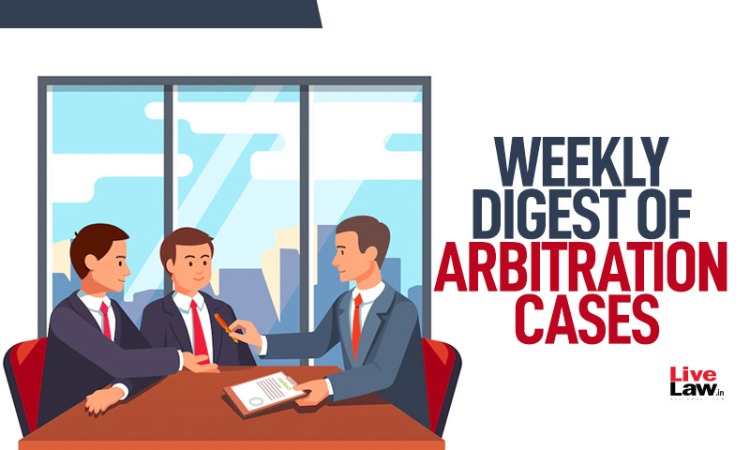Next Story
8 May 2023 8:00 PM IST
Bombay High Court: Invalidity Of Board Resolution Is A Procedural And Curable Defect, Cannot Lead To Rejection Of Claims And Termination Of Arbitral Proceedings: Bombay High Court Case Title: Palmview Investments Overseas Limited vs Ravi Arya The High Court of Bombay has held that any defect in the board resolution authorizing a person to initiate arbitration is only a...

